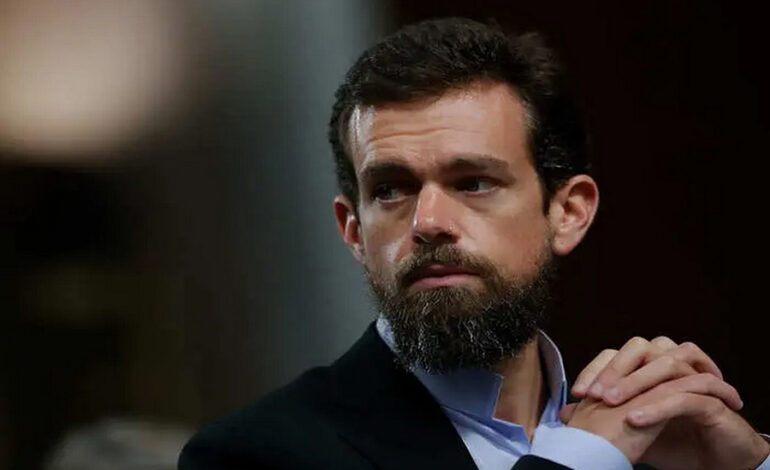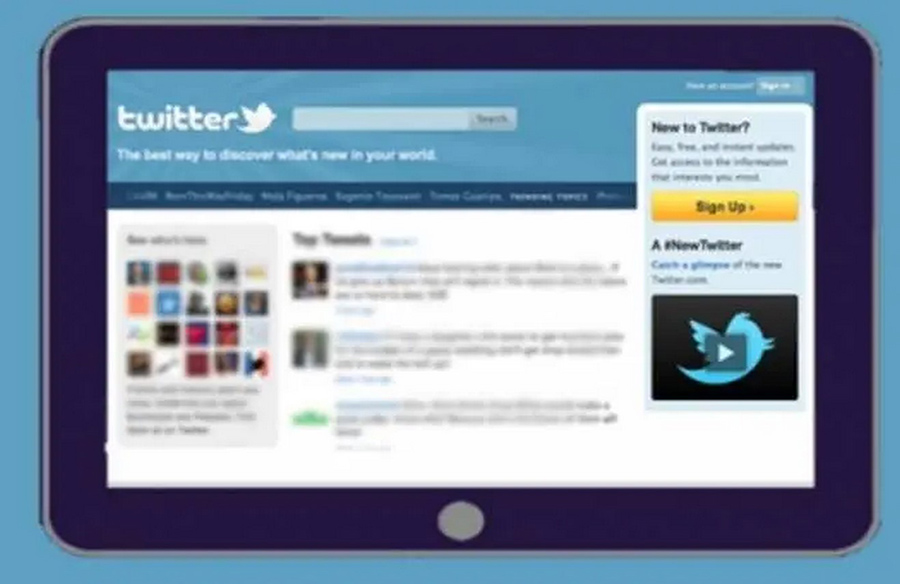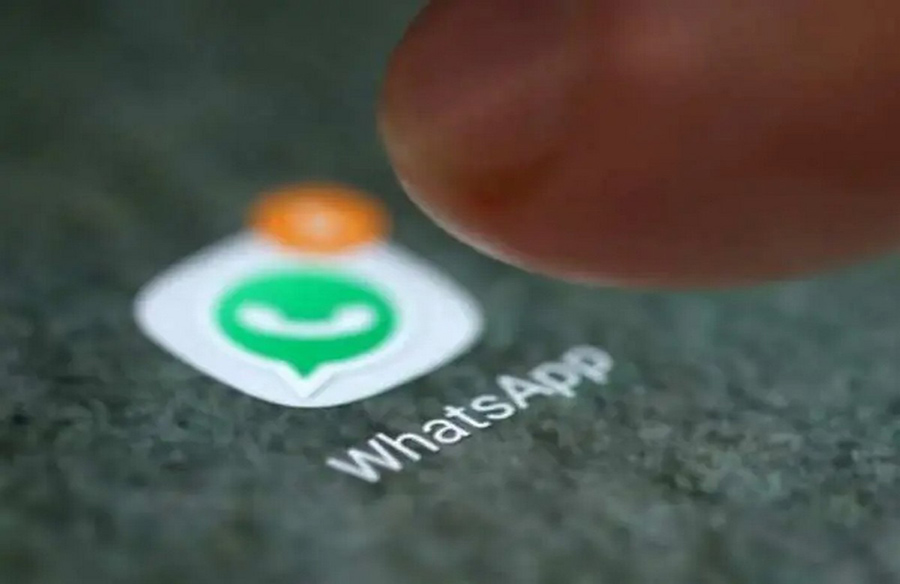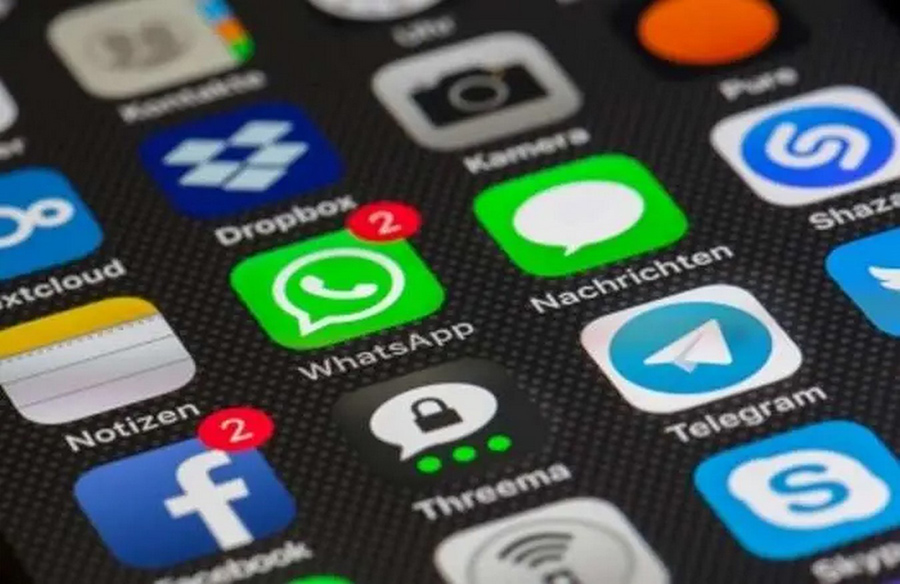Twitter Locks Out Ravi Shankar Prasad: Temporary Ban Over Copyright Violation
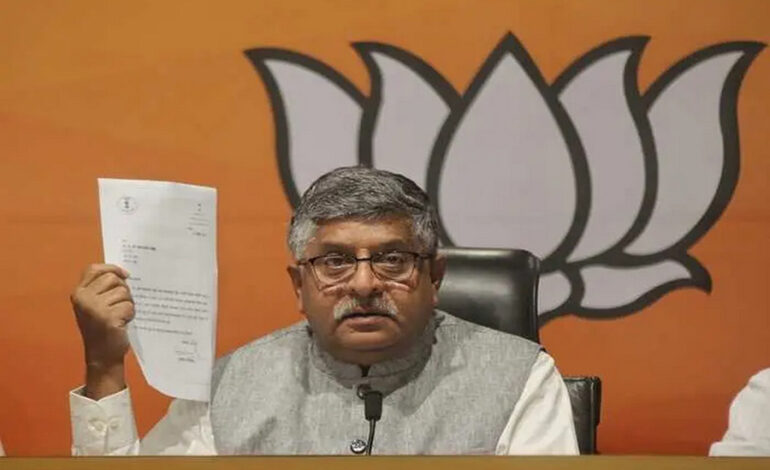
Twitter recently locked the personal account of Indian Union Minister Ravi Shankar Prasad for nearly an hour due to alleged violations of the Digital Millennium Copyright Act (DMCA) of the USA. This incident, amidst the ongoing tussle between Twitter and the Indian government over new IT rules, highlights the complexities of regulating digital platforms.
Temporary Ban and DMCA Violation
Prasad’s account was temporarily suspended, denying him access to log in, citing a DMCA violation. The account was later reinstated after the issue was resolved. Under the DMCA, copyright holders can notify platforms like Twitter about infringements, leading to the removal of copyrighted content and potential account suspensions for repeated violations.
Alleged Violation of IT Rules
Prasad criticized Twitter’s action, arguing that it violated India’s IT (Intermediary Guidelines and Digital Media Ethics Code) Rules of 2021. These rules, introduced earlier this year, aim to regulate social media, digital news portals, and OTT platforms more effectively. While Twitter has not fully complied with the new rules yet, it has appointed a temporary grievance officer in India.
Clash Over Compliance
The IT rules have caused tension between the Indian government and tech giants like Twitter and WhatsApp. WhatsApp has sued the government over a rule requiring it to disclose the ‘first originator’ of messages, citing privacy concerns due to potential encryption breaches. Similarly, Twitter has sought an extension to comply with Indian regulations, emphasizing the need for constructive dialogue and collaboration.
Safe Harbour Provision and Regulatory Implications
Failure to comply with the IT rules could result in the loss of the safe harbour protection provided under Indian law. This provision, outlined in Section 79 of the IT Act of 2000, treats social media platforms as intermediaries rather than content owners. Non-compliance could lead to legal repercussions and impact platforms’ operations in India.
Future of Regulation and Collaboration
The incident underscores the challenges of balancing regulatory compliance, copyright protection, and freedom of expression in the digital age. It highlights the importance of ongoing dialogue and collaboration between governments, industry players, and civil society to address these complex issues and safeguard public interests effectively.

